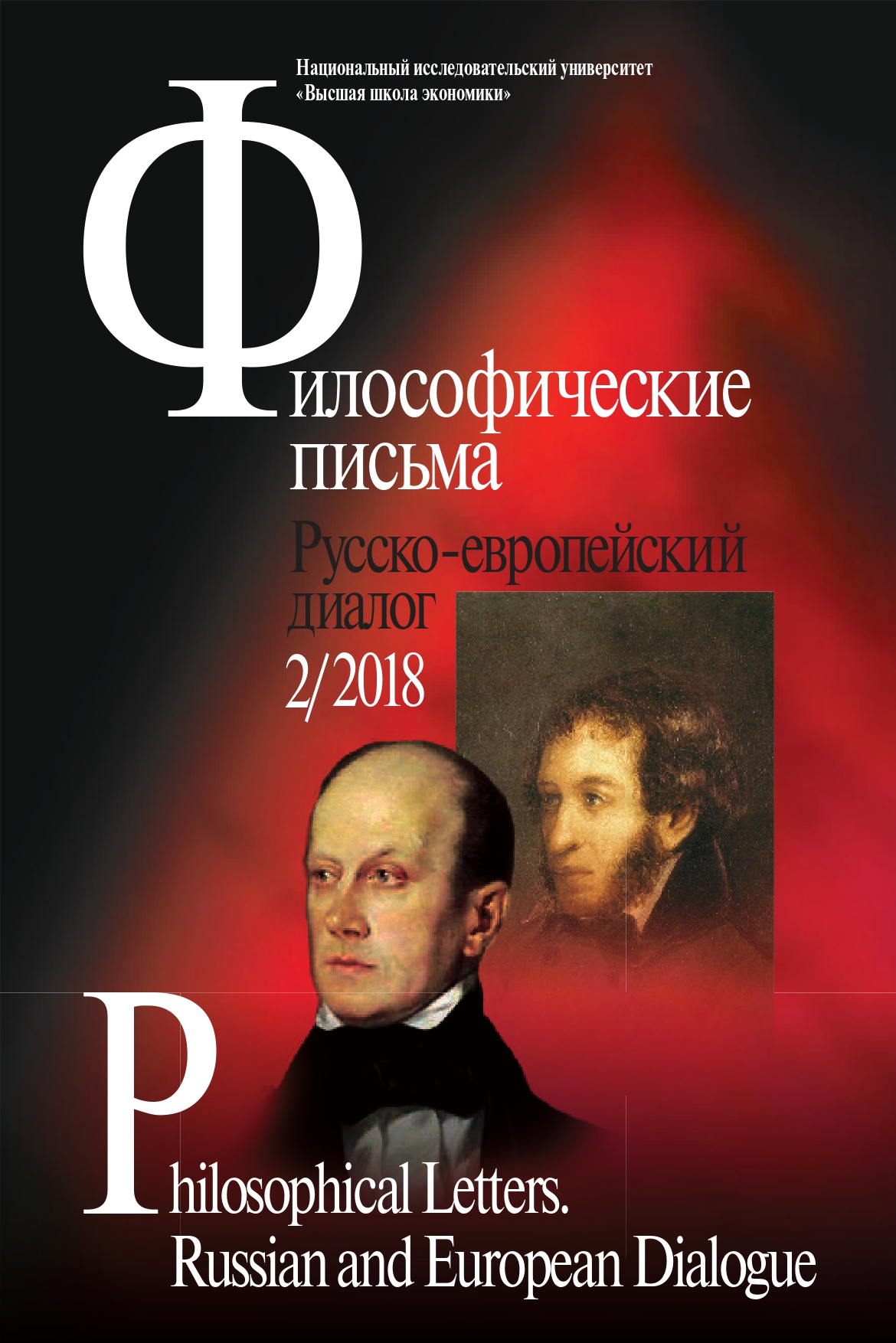The Problem of the Brest Peace in the Russian-German Relationd (1918)
Abstract
The article deals with the problem of the Brest peace in the context of Soviet-German relations (1918). In international legal terms, the revolutionary withdrawal of Soviet Russia from the First World War, enshrined in a peace treaty with Germany, Austria-Hungary, Turkey and Bulgaria, signed on March 3, 1918 in Brest-Litovsk, meant not only the violation of Russia’s allied obligations on the Entente, but and the disintegration of historical Russia and the formation of independent states on its territory. Soviet Russia, as well as Kaiser Germany and its allies, recognized the independence of Ukraine, Belarus, Lithuania, Latvia, Estonia and Finland. At the same time, the German and Austro-Hungarian armies occupied the Baltic states, Belarus and Ukraine and part of Russia. Th us, Germany, having lost World War I in the West, actually won it in the East.

